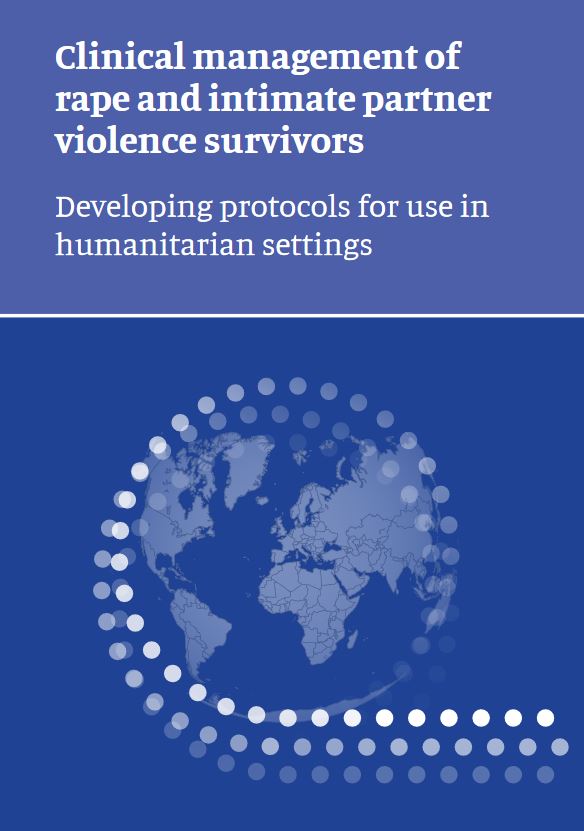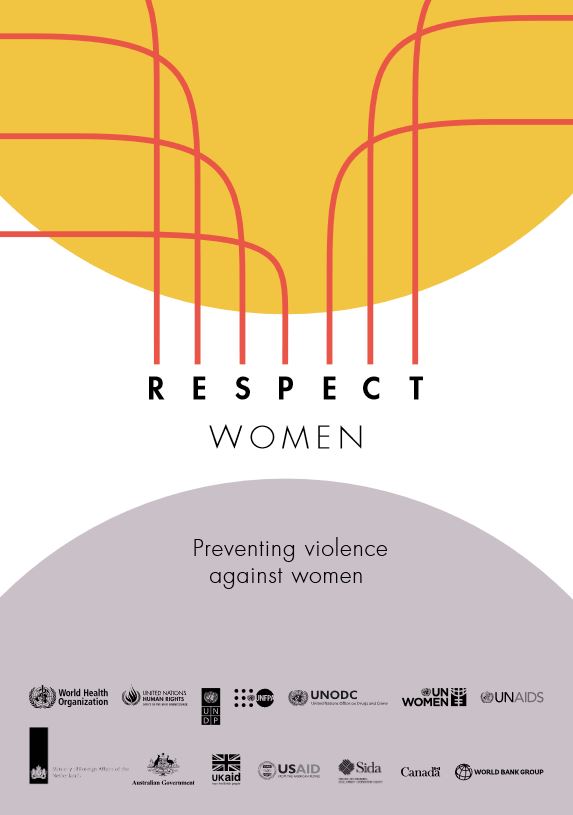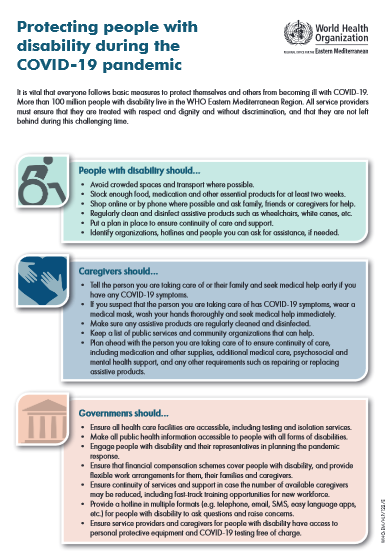On 29 January 2016, in the context of the 138th session of WHO's Executive Board, governments agreed on a draft resolution on the WHO global plan of action to strengthen the role of the health system within a national multisectoral response to address interpersonal violence, in particular against women and girls, and against children.
During discussions on the draft resolution, which was co-sponsored by more than 50 Member States, more than 20 countries commented, expressing a strong willingness to address interpersonal violence, and to use the WHO global plan of action as a key tool for implementing the violence-related Sustainable Development Goals.
The draft resolution, proposed by the governments of Australia, Brazil, Canada, Georgia, Guatemala, Iceland, India, Mexico, Norway, Switzerland, Thailand, Tunisia, Turkey, United States of America, Uruguay, Zambia, and European Union Member States, recommends to the 69th World Health Assembly to:
- endorse the WHO global plan of action;
- encourage Member States to adapt the WHO global plan of action at national level in line with their commitments already made, including those reflected in the Sustainable Development Goals;
- urge Member States to implement the proposed actions;
- invite partners to implement the necessary actions to contribute to the accomplishment of the four strategic directions of the WHO global plan of action, which are to:
- strengthen health system leadership and governance
- strengthen health service delivery and health workers'/providers' capacity to respond
- strengthen programming to prevent interpersonal violence, and
- improve information and evidence, and
- request the WHO Director-General to implement the proposed actions for the Secretariat in the WHO global plan of action and submit to the 71st World Health Assembly an interim, and to the 74th World Health Assembly, a full report on the progress achieved.
The WHO global plan of action is grounded in science, and based in part on the findings and recommendations of the Global status report on violence prevention 2014. Published by WHO, the United Nations Development Programme, and the United Nations Office on Drugs and Crime in December 2014, the report revealed that 475 000 people were murdered in 2012, and homicide is the third leading cause of death globally for males aged 15–44 years.
Despite indications that homicide rates decreased by 16% globally between 2000 and 2012, violence remains widespread. Non-fatal acts of violence take a particular toll on women and children. One in four children has been physically abused; one in five girls has been sexually abused; and one in three women has been a victim of physical and/or sexual intimate partner violence at some point in her lifetime.
The Global status report on violence prevention 2014 concluded that only one third of the 133 countries surveyed are implementing large-scale initiatives to prevent violence, such as bullying prevention programmes, visits by nurses to families at risk, and support to those who care for older people; just over half the countries are fully enforcing a set of 12 laws generally acknowledged to prevent violence, although 80% countries have enacted them; and only half of all countries have services in place to protect and support victims of violence.
In line with the WHO global plan of action, the Global status report on violence prevention 2014 calls for a scaling up of violence prevention programmes in all countries; stronger legislation and enforcement of laws relevant for violence prevention; strengthened justice and security institutions to uphold the rule of law; and enhanced services for victims of violence. It also advocates for better and more effective use of data to inform violence prevention programming and to measure progress.
Related links
138th session of WHO's Executive Board agenda item WHO global plan of action





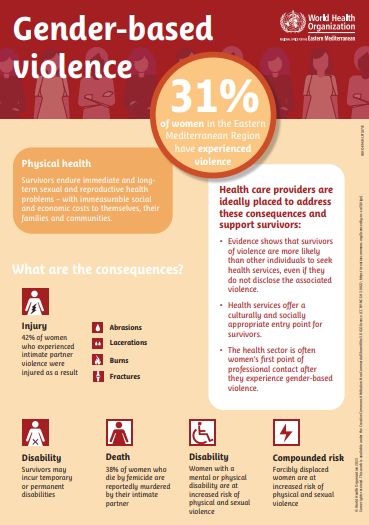
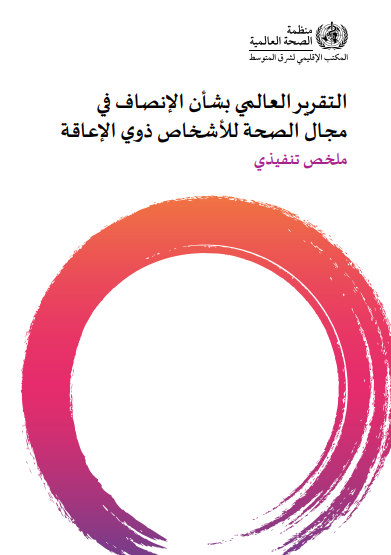
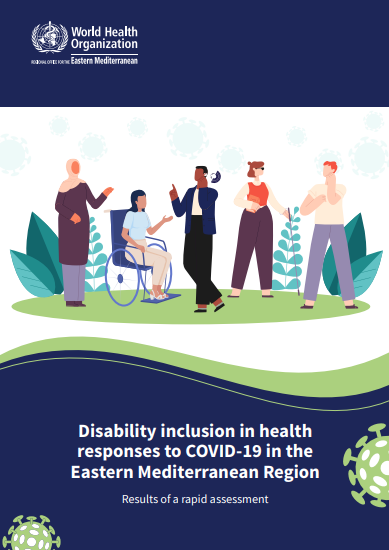
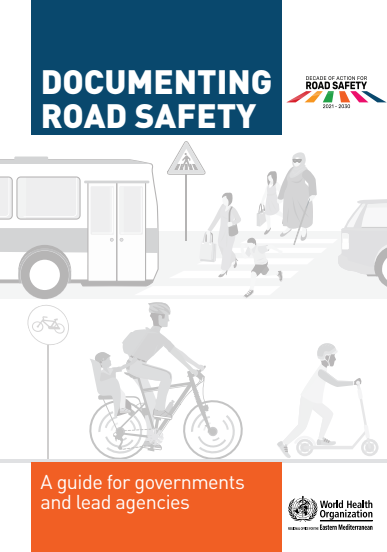 Documenting road safety: a guide for governments and lead agencies
Documenting road safety: a guide for governments and lead agencies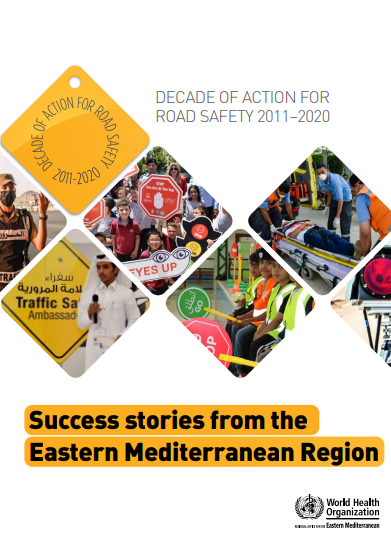
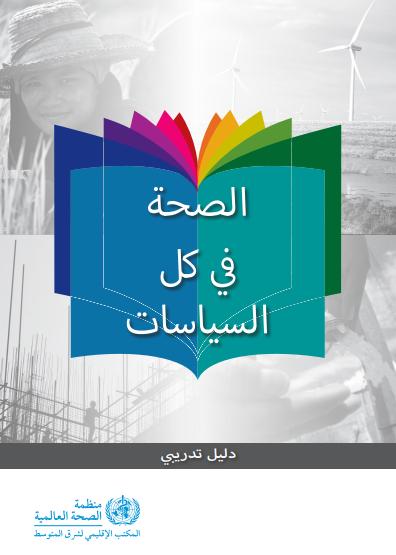

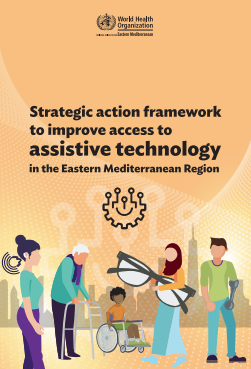 Strategic action framework to improve access to assistive technology in the Eastern Mediterranean Region
Strategic action framework to improve access to assistive technology in the Eastern Mediterranean Region